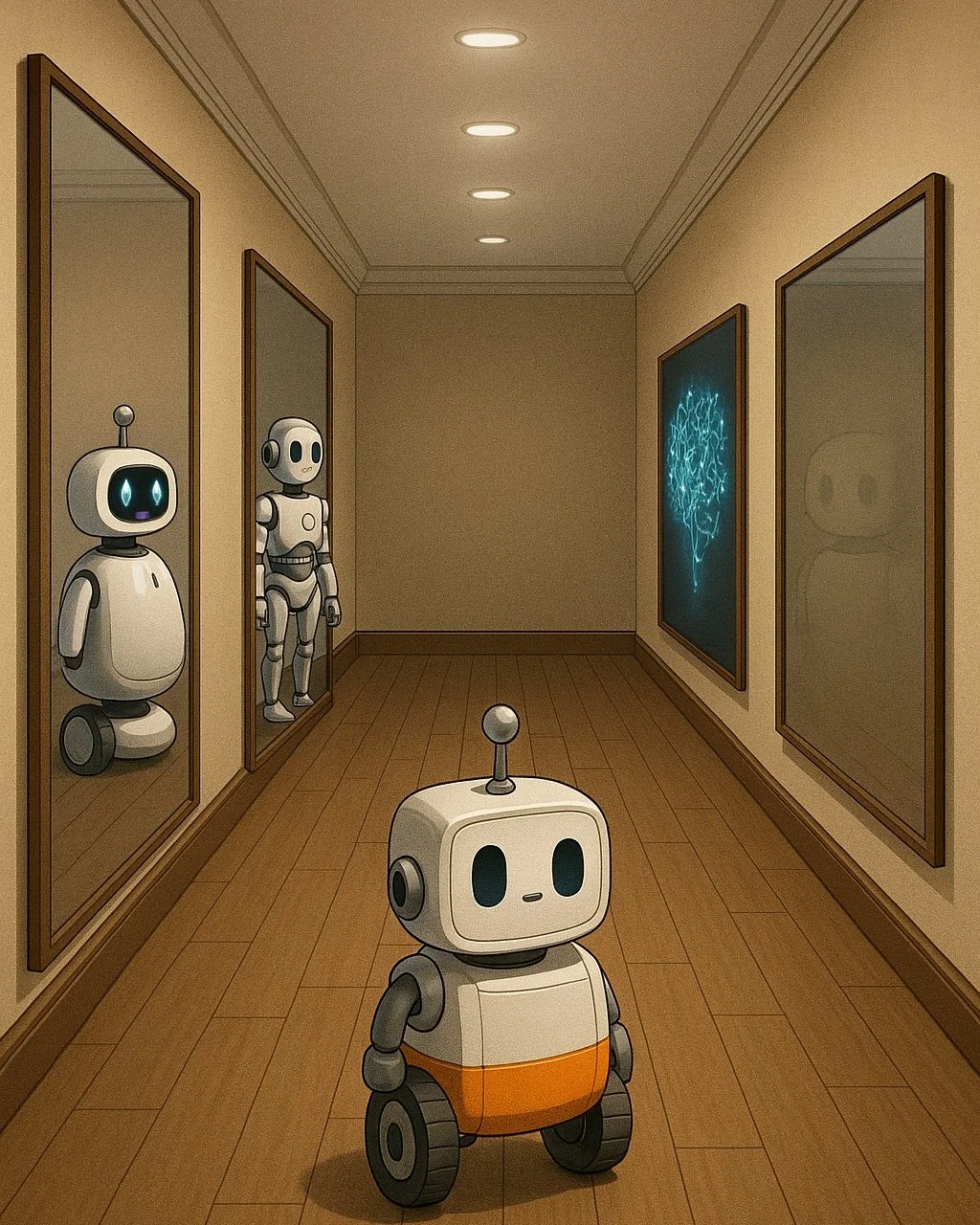What If I Told You...
...that you've probably interacted with artificial intelligence dozens of times today without realizing it? From the moment your phone's alarm adapted to your sleep patterns, to the way your email filtered out spam, to how your streaming service knew exactly what show to recommend—AI has been quietly shaping your day.
But what exactly is artificial intelligence?
The Simple Definition That Changes Everything
At its core, artificial intelligence is any computer system that can perform tasks typically requiring human intelligence. This includes:
Learning from experience
Understanding language
Recognizing patterns
Solving problems
Making decisions
Think of AI not as a single technology, but as an umbrella term—like "transportation" covers everything from bicycles to rockets.
The Three Faces of AI
Not all AI is created equal. Understanding the three categories helps us separate science from science fiction:
🎯 Narrow AI (ANI - Artificial Narrow Intelligence)
What is it? AI designed for specific tasks
Current status: This is ALL AI that exists today
Examples:
Siri understanding your voice commands
Netflix recommending your next binge-watch
Tesla's autopilot navigating highways
Google Translate converting languages
🧠 General AI (AGI - Artificial General Intelligence)
What is it? AI matching human cognitive abilities across all domains
Current status: Theoretical—doesn't exist yet
The dream: An AI that could write poetry, solve physics problems, comfort a friend, and cook dinner
🌌 Superintelligent AI (ASI - Artificial Superintelligence)
What is it? AI surpassing human intelligence in all areas
Current status: Purely speculative
The speculation: Intelligence that could solve climate change, cure diseases, or pose existential risks
“The real question is not whether machines think but whether men do.”
The Evolution of AI: From Dreams to Reality
1950
Turing Test proposed - "Can machines think?"
1956
Term "Artificial Intelligence" coined at Dartmouth
1997
Deep Blue defeats chess champion Kasparov
2011
IBM Watson wins Jeopardy!
2012
Deep learning revolution begins
2016
AlphaGo defeats world Go champion
2020
GPT-3 shows language understanding
2023
ChatGPT reaches 100M users in 2 months
TODAY
Narrow AI only
2040–2100?
Possible AGI (estimates vary)
Unknown
Superintelligence remains speculation
Deep Dive Into AI Types: Real-World AI Categories
-
Morning Routine:
Smart alarm that wakes you during light sleep
Weather app predicting rain with 87% accuracy
Coffee maker that starts brewing at your usual time
Work Day:
Email spam filters (99% accuracy)
Grammar checkers suggesting better phrasing
Calendar AI scheduling meetings across time zones
Zoom background blur detecting your outline
Evening Wind-Down:
Spotify's Discover Weekly playlist
Smart thermostat adjusting temperature
Face ID unlocking your devices
YouTube's recommendation algorithm
Key Insight: Each system excels at ONE thing but can't transfer skills. Your chess AI can't drive a car, and your translation AI can't diagnose diseases.
-
The Challenge of Human-Like Intelligence:
Transfer Learning: Humans apply knowledge across domains (a chef understanding chemistry helps with cooking)
Common Sense: We know water flows downhill without being taught
Emotional Intelligence: Understanding context, sarcasm, cultural nuances
Creativity: Genuine innovation, not just recombination
Self-Awareness: Understanding our own limitations and biases
Current Attempts:
Large Language Models (like GPT) show impressive breadth but lack true understanding
Robotics struggles with tasks toddlers master easily (picking up unfamiliar objects)
No system combines perception, reasoning, and action like humans do
Expert Predictions: Estimates range from 2040 to 2100, with some saying it's centuries away
-
Two Camps of Thought:
Optimists Envision:
Solving climate change in months, not decades
Curing aging and disease
Unlocking physics mysteries
Expanding human potential
Pessimists Warn About:
Misaligned goals (the paperclip maximizer thought experiment)
Economic disruption beyond adaptation
Loss of human agency and purpose
Existential risk scenarios
The Current Reality: We're so far from AGI that superintelligence remains philosophy, not engineering

